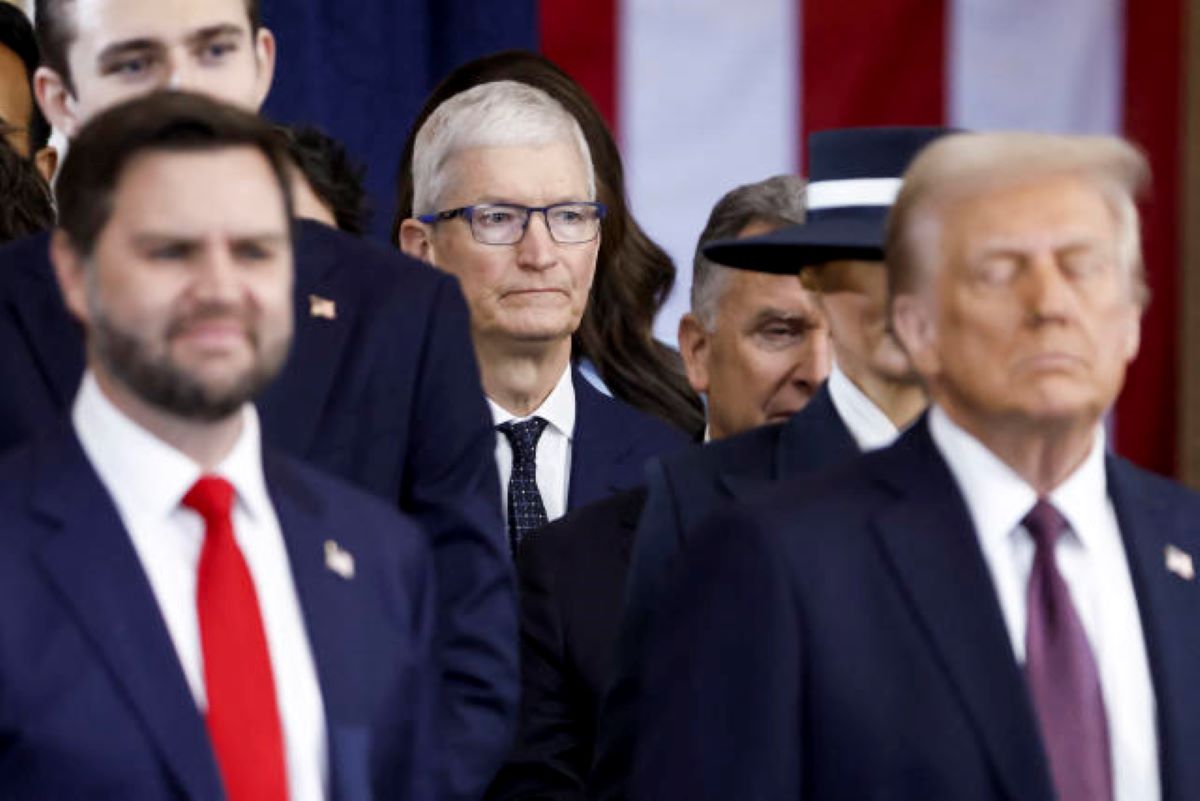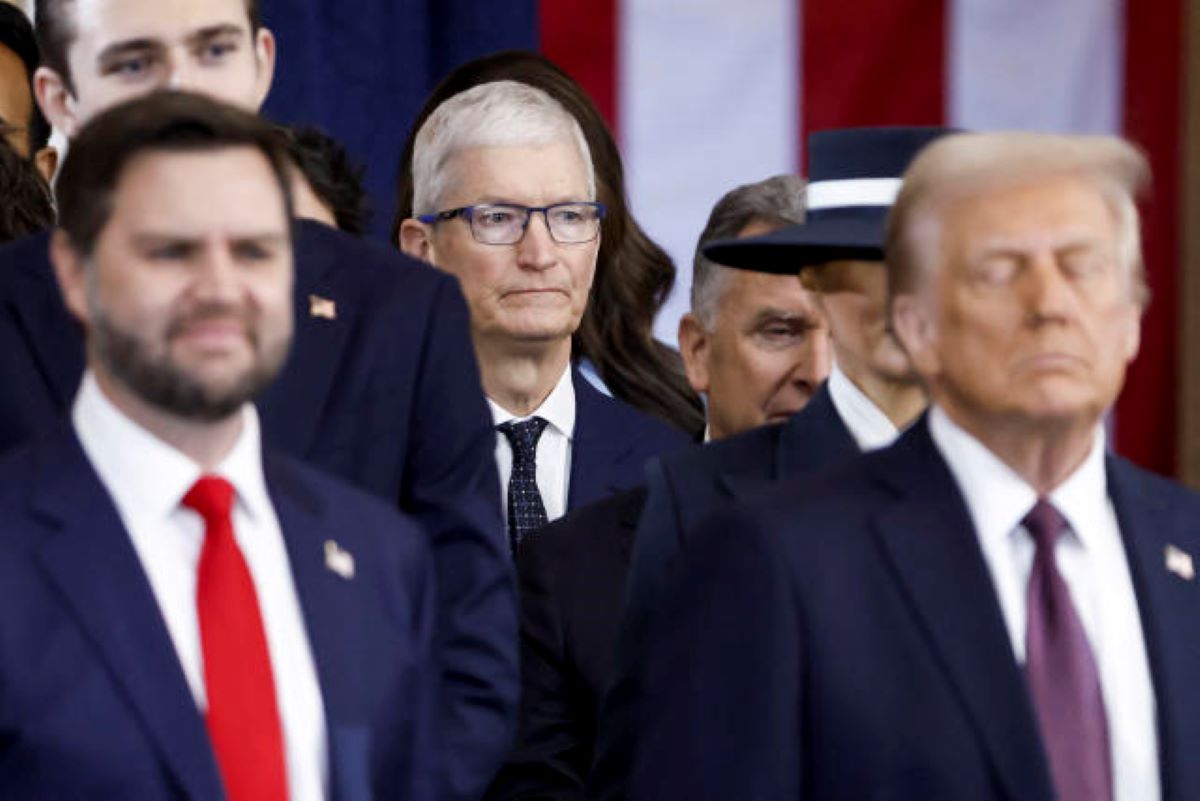U.S. Launches National Security Investigations Into Semiconductor and Pharmaceutical Imports, Paving Way for Tariffs
The U.S. Commerce Department has initiated national security investigations into imports of semiconductors and pharmaceuticals, signaling a renewed push by the Trump administration to reassert control

The U.S. Commerce Department has initiated national security investigations into imports of semiconductors and pharmaceuticals, signaling a renewed push by the Trump administration to reassert control over critical supply chains and advance its protectionist trade agenda.
The probes, disclosed Monday via Federal Register notices, set the stage for potential new tariffs on key imports central to modern technology and healthcare.
The investigations, launched under Section 232 of the Trade Expansion Act of 1962, will assess whether reliance on foreign-made chips, pharmaceutical ingredients, and related products poses a threat to national security. These probes come just days after President Trump suggested that certain electronics would be exempt from his broader "reciprocal tariffs" plan, raising questions about the longevity of those exemptions. And apple should be the main target.

Despite those remarks, the Commerce Department is now scrutinizing a wide range of semiconductor-related products, including silicon wafers, chipmaking equipment, and electronics containing semiconductors — core components in everything from smartphones to aircraft. "The feasibility of increasing domestic semiconductor capacity" will also be examined as part of the effort to reduce reliance on foreign supply chains.
On the pharmaceutical front, the investigation covers finished drug products, active pharmaceutical ingredients (APIs), and other critical inputs essential to U.S. medicine production. Public comments on both investigations are being solicited and must be submitted within 21 days of the notice.
Commerce Secretary Howard Lutnick confirmed the investigations began on April 1 and emphasized urgency in completing them. While the law allows for a 270-day window, administration officials have hinted that conclusions may arrive sooner. "You will see our new secretary of commerce move in what I like to call Trump time," said White House trade adviser Peter Navarro in an earlier statement, underscoring the administration's aggressive pace.
Trump's administration has long considered semiconductor dependence a strategic vulnerability. The move builds on previous efforts to onshore chip production, including the $280 billion CHIPS and Science Act. Just this week, nvidia announced $500 billion plans to build AI infrastructure entirely within the U.S., and tsmc committed an additional $100 billion investment to its Arizona operations.
The pharmaceutical investigation comes amid mounting concern over U.S. reliance on imported drugs and ingredients, particularly from India and China. Trump has repeatedly called for revitalizing American drug manufacturing, citing risks to national security and public health.
Although the administration recently exempted semiconductors, mobile phones, and other electronics from the sweeping 145% China tariffs, officials have stressed that those exemptions are temporary. "I'll probably be more lenient than reciprocal, because if I was reciprocal, that would be very tough for people," Trump told Newsmax over the weekend. Still, he made clear that exceptions would be limited: "Not too many, not too many exceptions."
Disclaimer: The views in this article are from the original Creator and do not represent the views or position of Hawk Insight. The content of the article is for reference, communication and learning only, and does not constitute investment advice. If it involves copyright issues, please contact us for deletion.